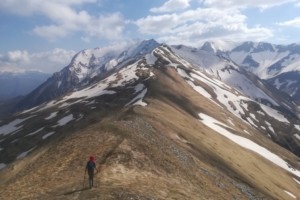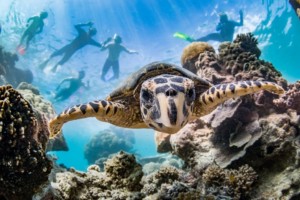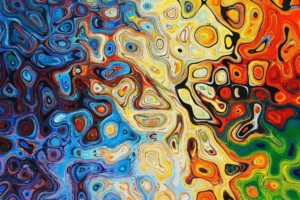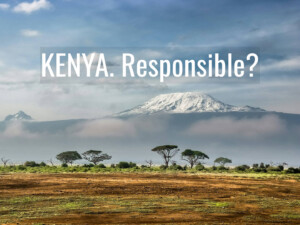What do non-fungible tokens, natural habitats, & tourism experiences have in common?
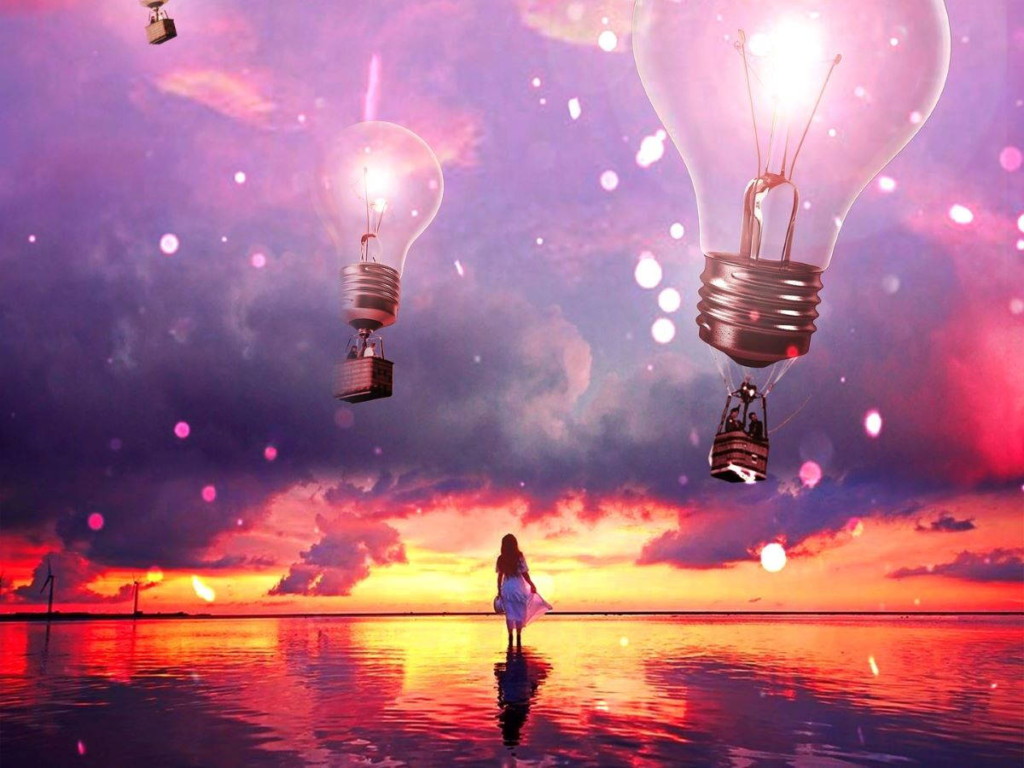
A relatively new form of digital ownership, non-fungible tokens (NFTs) have not only been attracting headlines, but also the imaginations of those who would advance environmental causes that are close to their hearts. There are opportunities for travel & tourism too, according to Lauren Uğur and Richard Powazynski.
It’s a “Good Tourism” Insight. [You too can write a “GT” Insight.]
Since the late 1980s the progression from read-only Web 1.0, through the user-generated content and conversations of Web 2.0, to the immersive online experiences made possible by wireless communications and the intelligent semantics of Web 3.0 has been nothing short of astounding.
The potential of what this emotive embeddedness can offer seems limitless.
Any industry not willing to be left behind in the evolution of communication and interaction needs to carefully consider these emerging digital landscapes if they are to take advantage of the immense potential that exists.
Tourism is no exception.
One significant opportunity in the tourism space is the use of distributed ledger technology (DLT) or ‘blockchain’, including non-fungible tokens (NFTs).
Non-fungibility = uniqueness
Fungibility in economics refers to a good or asset that is interchangeable. A non-fungible token is therefore not interchangeable. It is unique.
NFTs are blockchain-based digital assets that can be purchased with a digital wallet using either a cryptocurrency or a traditional fiat currency.
NFTs can assume the form of an image, video, GIF, or audio file. Anything that can be digitised such as artwork, collectibles, tickets, or access passes can be represented as an NFT. (NFTs can also represent whole or fractional ownership in a unique physical item, such as an oil painting, via what’s known as a smart contract.)
“NFTs represent something exceedingly exciting for new ways of imagining and co-creating tourism products and experiences …”
The key differentiating point is that when the customer purchases an NFT they are gaining ownership of the token, as opposed to only a license to use the token. This ownership can then be retained, sold, or traded to a new buyer.
This new form of digital ownership opens doors for an innumerable array of innovative approaches to experience creation, customer interaction, and access.
As the following examples show, non-fungible tokens can also be leveraged for environmental (or other) causes.
NFTs for conservation and the environment
Possibly the first example of NFT use at the intersection of tourism and conservation came out of Seychelles during the COVID pandemic.
Nature Seychelles minted NFTs of the endangered magpie robin, sales of which raised funds that helped save Nature Seychelles from financial ruin.
Almost all of their conservation budgets relied on tourism that ground to a halt due to pandemic travel restrictions.
Also see Nature Seychelles’ Nirmal Jivan Shah’s “GT” Insight
“From overtourism to no tourism: What now for conservation?”
Since then, a number of other conservation-led projects have sprung up.
Nemus, for example, is a project that concentrates its efforts on the conservation and preservation of the planet’s natural resources.
Their initial focus is on areas of the Amazon Rainforest that are vulnerable to deforestation. Nemus’ goal is to highlight “how responsible use of the rainforest can create more value than destroying it” and has done so through leveraging blockchain technology to create an ecosystem where anyone with a digital wallet can participate in “doing good” and be rewarded for it.
More specifically, Nemus’ NFTs grant the holders (known as “Guardians”) the right to collect rewards in their native token, mint additional NFTs through game mechanics, and participate in decisions concerning the economic and social activity on the land purchased through the Nemus DAO (Decentralised Autonomous Organisation).

Another project, Woodies, which was co-founded by co-author Richard Powazynski, has taken an alternative, creative approach to the potential of NFTs.
Through rich storytelling and the creation of 10,000 Woodies characters, each a unique NFT, the project has been able to foster a community of like-minded individuals with the core values of family friendliness and environmental consciousness, and a passion for spending time in the great outdoors.
Due to the success of the project, the Woodies community achieved its goal of donating enough funds to plant one million trees with its partner charity Trees for the Future.
This is community charity at its finest, demonstrating how activism can be fun and rewarding and how community-powered NFTs represent a whole new way to support an individual’s passions as well as the planet.
Where the digital meets the physical and experiential
Ultimately, the approach of the three projects mentioned is to enable direct impact in the physical world through the use of NFTs and cryptocurrencies in the digital world.
What becomes clear is that across economic (fundraising in Seychelles), environmental (Nemus’ approach to conservation), and social (Woodies’ community building) spheres of development, exciting new paths are being forged.
Drawing out and expanding on the relationship to any number of economic, environmental, and social pursuits requires only a spark of imagination to realise what could be possible for creating new tourism experiences through a deeper understanding of the network connections, decision-making, community-building, and financing opportunities that NFT technology offers.
Don’t miss other “GT” posts tagged with
“Travel & tourism and destination marketing”
From virtual ticketing and key cards to digital souvenirs and even proof of attendance protocols (POAPs) the opportunities seem alarmingly endless.
In the opinion of these authors, NFTs represent something exceedingly exciting for new ways of imagining and co-creating tourism products and experiences, leveraging the power of technology, whether to serve as a reminder, to represent, or to create a shared experience.
What do you think? Share a short anecdote or comment below. Or write a “GT” Insight. The “Good Tourism” Blog welcomes diversity of opinion and perspective on travel & tourism because travel & tourism is everyone’s business.
Featured image (top of post): What do non-fungible tokens, natural habitats, & tourism experiences have in common? Image by Ifatahmad (CC0) via Pixabay.
About the authors
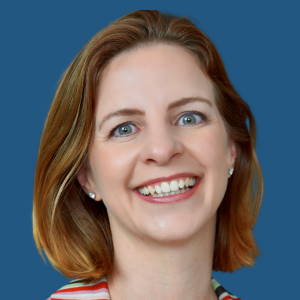
Lauren Uğur is Professor for International Tourism Management at the Heilbronn University of Applied Sciences in Germany. Dr Uğur is an independent consultant and coach, specialising in innovation in education and business development.
Also see Lauren Uğur’s first “GT” Insight
“Masters of complexity & change: What we need from the academy”

Richard Powazynski is a masters student in the International Tourism Management programme at the Heilbronn University of Applied Sciences. His research topic focuses on the use cases of non-fungible tokens in the tourism industry. Richard is also a co-founder of the Woodies NFT project, and a consultant in the NFT space. He supports NFT projects looking to launch, or web 2.0 brands wanting to transition to web 3.0.


